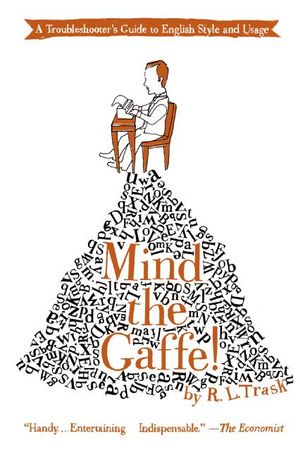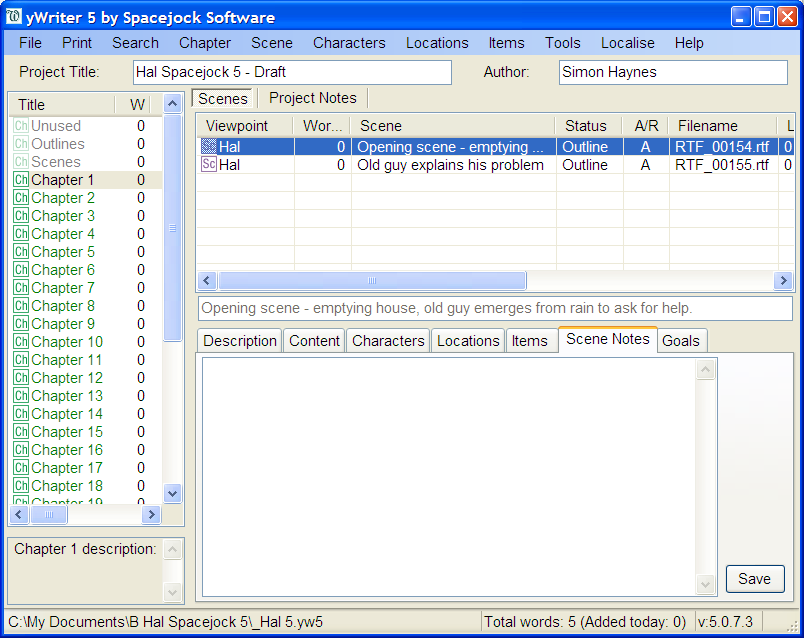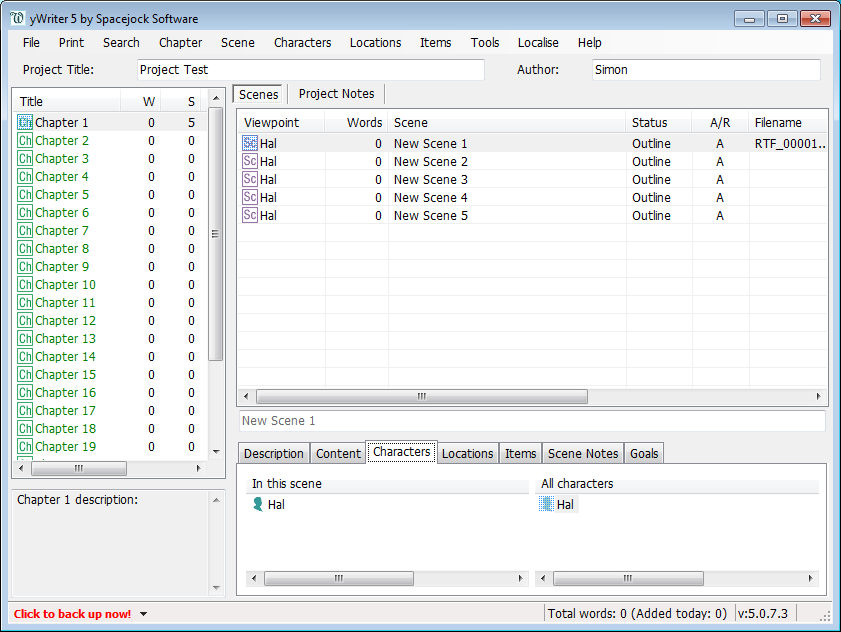This link lists some sites for a whole bag of stuff
https://www.nownovel.com/blog/200-best-writing-websites/
Writing Tips, Tricks and Resources
Another good set of tips from Writer's Edit on story planning.
I like their bit on premise and framework.
This person keeps coming with the tips.
If you're able to borrow this from the library. It's a good book to learn about faux pas.
https://www.harpercollins.com/9780061132209/mind-the-gaffe/

Another couple of good guides of English usage and grammar. If you can borrow.
https://www.goodreads.com/book/show/915353.Usage_and_Abusage

https://www.goodreads.com/en/book/show/1101206.The_Penguin_Writer_s_Manual

Even thought it's not directly related to story design, every writer should be aware of copyright.
I've linked some legal sites that give some details.
https://www.copyright.com/learn/about-copyright/
https://creativecommons.org/
https://copyright.uslegal.com/enumerated-categories-of-copyrightable-works/translation/
https://www.copyright.org.au/ACC_Prod/ACC/Information_Sheets/Translations___Copyright.aspx
http://cjam.info/en/translation-and-copyright/
If anyone wants a fun challenge to get a story down to page, Nanowrimo is a favourite for many aspiring writers for this reason. It happens every November where a writer sets a goal of how many words they will write for the month. The minimum being 50K worth of words.
Reedsy's free plot structure template tool might be useful.
These are great for people that struggle to create a great peace, thank you for sharing this with everyone :)
Can't recall if I posted resources for outlining.
Writer's Digest has a good basic how-to on story outlining.
https://www.writersdigest.com/online-editor/7-steps-to-creating-a-flexible-outline-for-any-story
https://www.masterclass.com/articles/how-to-outline-your-novel this one branches off into a paid master class program. You can still get some tips for free from the article.
This author addresses some outlines to cater for different types of writers.
https://jerryjenkins.com/how-to-outline-a-novel/
My 2-cents: Everyone outlines differently. I generally follow a 3-Act outline, drilled down into segments and chapter goals. Segments are story parts within an act (eg. the climax, catalytic moment...). My outline pattern follows something like below:
- Story Outline = Act 1, Act 2, Act 3.
- Segment outline = Act1: Segment 1, Segment 2...
- Chapter goals = Segment 1: Chapter goal 1...
Any other cool insight post from Writer's Edit. If you have twitter, it's worthwhile to follow them for writing advice/tips.
information about the two different Third Person writing style by GINNY WIEHARDT
https://www.thebalancecareers.com/third-person-point-of-view-1277092

- Edited
Another issue that a lot of drafts face (from newbie and seasoned writers) is run-on sentences.
Grammarly has a good article explaining what these are.
https://www.grammarly.com/blog/run-on-sentence-basics/
Grammarly's examples below:
[Incorrect]Lila enjoyed the bouquet of tulips John gave her on prom night however she prefers roses.
[Correct]Lila enjoyed the bouquet of tulips John gave her on prom night; however, she prefers roses.
Basically a run on sentence is stringing two separate conditions together and not placing a punctuation in between to separate the two kind of what I'm doing with this sentence that I'm writing right now.
It may seem obvious on screen, but it's quite a common thing to do when drafting from thought for the first time. Especially when writing is still a new skill. It may not be easy to determine punctuation rules between clauses. So it's handy to have a tool like Grammarly to flag the places where pauses are likely needed. This will slowly train the eye for the splits.
Also, with Grammarly's correct example. It would be better to substitute the semi colon ( ; ) with a full stop (.) instead, making them separate sentences and statements.
Haha. I'm grading papers (senior high). Full stop apparently is the scariest key on the keyboard. You just can't use it. Better safe than sorry and go for the comma -- fifteen times in a row...
Another good set of tips from Reedsy focused on character design. I recommend signing up to Reedsy's newsletters for a regular dose of writing tips and insight.
Another Writer's Edit tip on narrative styles.
How to Describe Women Without Degrading Them
https://m.mythcreants.com/blog/how-to-describe-women-without-degrading-them/
Articles on how to recognise and avoid tense shifting.
https://www.iup.edu/writingcenter/writing-resources/grammar/tense-shifting/
http://www.whitesmoke.com/tense-consistency
https://www.grammarly.com/blog/verb-tense-consistency/
Another set of tips from Writer's Edit on synopsis.
- Edited
Veronica8 How do I know I'm mixing my tenses around?
It's a common question that pops up a lot for writers. And most recently here
Sometimes, it's not easy to see. The common flags to look for are:
- Does your verb/adverb end in '-ed'? Then it's past.
- Does it end in '-ing' or '-s'? Then the tense is present.
An example of a mixed/shifted tense scene:
John is walking to the pub. He walked into the bar and is fighting with people. Bruce is yelling to stop the fight. He approached John and stopped him.
Can you spot what verbs are present and past? Yep. The verbs in red are present. Those in blue are past.
Of course, the English language is quirky where rules can be flexed to suit the context. But, seeing the most common flags will help improve on avoiding mix-tenses within a story. The rule for tense usage is absolute.
My advice to newbies. Learn to write your story in third person limited - past tense. This is the easiest to grasp for avoiding the pitfalls of mixing tenses.
Oxymoron Anyone?
:grin: Apart from being my favorite term to drop, it's actually a cool form of expression.
Some link explanations of this term:
https://literarydevices.net/oxymoron/
https://www.merriam-webster.com/dictionary/oxymoron
In short. An oxymoron is when two contradicting word types are joined to form a locution (form of expression).
Examples:
- Bittersweet = a kind of taste
- Civil war = war amongst civilians
- Living dead = ugly zombies
- Random order = not aligned to a set order
- Unbiased opinion = an objective opinion
These kinds of locutions generally emphasize a characteristic, attribute or event.
Adding Nou's awesome post that someone necro'd here. As well giving it a permanent top spot in the opening post.
Guide Basics to Grasp Before Writing Your Story.
Thanks Botto-helper :thumbsup:
- Edited
Evernote has a page of cool templates to check out. Link below.
https://evernote.com/blog/12-creative-writing-templates/
I especially like their premise template. I use something similar when I want to pitch a logline. Sometimes you need to describe your book in 100 words or fewer. So having a premise overview helps with this.
I recommend practising on writing a premise. It'll help with book summary writing. You can even use premise templates to help with reviewing a book.
- Edited
Writer's Edit list of writing tools recommendations.
https://writersedit.com/fiction-writing/5-must-have-tools-to-get-you-through-the-editing-process/
To be honest, I have none of the ones listed in the article :laughing: I rely on an outdated Celtx to organize my manuscripts.
Another free tool, that wasn't mentioned, which might be useful for story design organization is yWriter5 by Spacejock Software It's a homebrew type of freeware that's not too shabby.
Screenshots of this app


- Edited
How Do I Write Less Abled Characters Into My Stories?
Example: You have a cool character like Sekiro where they have an awesome prosthetic as their skill-card. Or the MC is wheelchair bound like X-Men's Xavier.
These posts provide some tips:
https://www.wikihow.com/Write-a-Disabled-Character
https://www.writermag.com/improve-your-writing/writing-for-young-readers/disabled-protagonists-childrens-ya-literature/
https://smanewstoday.com/2019/05/28/disabled-characters-fiction/
There are lots of books being written for the less abled.
https://bookriot.com/2019/10/29/ya-books-with-disabled-characters/
https://diversebooks.org/7-mg-and-ya-novelists-with-disabled-characters-share-what-inspired-their-stories/
My Tip
My experience, I felt it was best to write on the awesomeness and purpose to the storyline. Not the discrimination unless the story I was writing was tackling this in a healthy way.
I wrote a main character (cough, Famine) who becomes permanently deaf due to an accident. In the same story series, one of the Knight-captains is mute and only speaks in sign language. So their story has a lot of sign language written into it (described as actions).
My Sunflower story has two veterans with ailments. One is blind and the other has lost a foot. I focused on their facts and purpose more than their lack.
There are many ways to tackle bodily lacks in stories. But whatever method is applied, it needs to be story centric. Is my view.
Another Writer's Edit tip on Fantasy protags.
Another Tips
https://writerswrite.co.za/5-simple-ways-to-help-writers-show-and-not-tell/
I suggest to all writers
- Edited
Adding this one for those who're interested in some pitching to publishers or wanting to know more about prepping stories for books. The author is from down under. The advice could be helpful.
https://www.asauthors.org/products/books/a-decent-proposal-paperback

Another article stumbled upon that gave some solid advice.
https://projectlifemastery.com/writing-tips-for-beginners/
Another good set of tips from Writer's Edit
- Edited
https://www.levelup.pub/how-to-write-litrpg
https://greatlitrpg.com/how-to-write-great-litrpg/
A couple of LitRPG guides that might help prompt writing
There are a lot of resources and I like the most of resources I saw in this thread.
here is the list of my best writing resources.
https://www.goodreads.com/ - is a place where you can find a huge amount of books about writing and of course you can read other books to get new ideas.
https://www.bryndonovan.com/ - here you can find great tips
https://www.essayedge.com/ - everything about academic and application papers writing and proofreading together with sources and samples.
https://www.dailywritingtips.com/ - here you can find great tips and articles about writing to read
You have provided really good resources especially Bryn Donovan. I would like to add Edusson where you can get more info about how to write such papers as a scholarship essay and other application papers. In general, there are a lot of sources and you choose the best one for your needs. Everything depends on type of a paper you are going to complete.
There's been a lot of posts about what is copyright violation. One phrase to keep in mind:
["Copyright is intended to protect the original expression of an idea in the form of a creative work, but not the idea itself. "]
quote source Wikipedia https://en.wikipedia.org/wiki/Copyright
This is focused on Self Publishing, for those who are intending to make their books are business.









